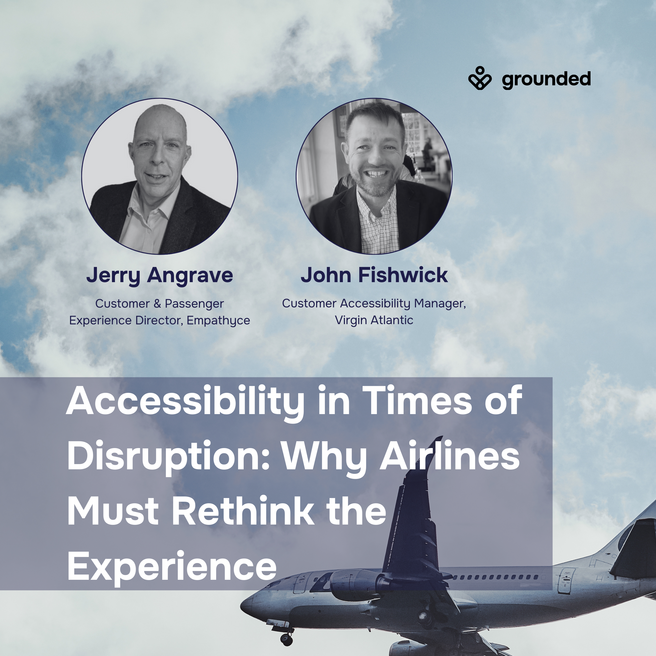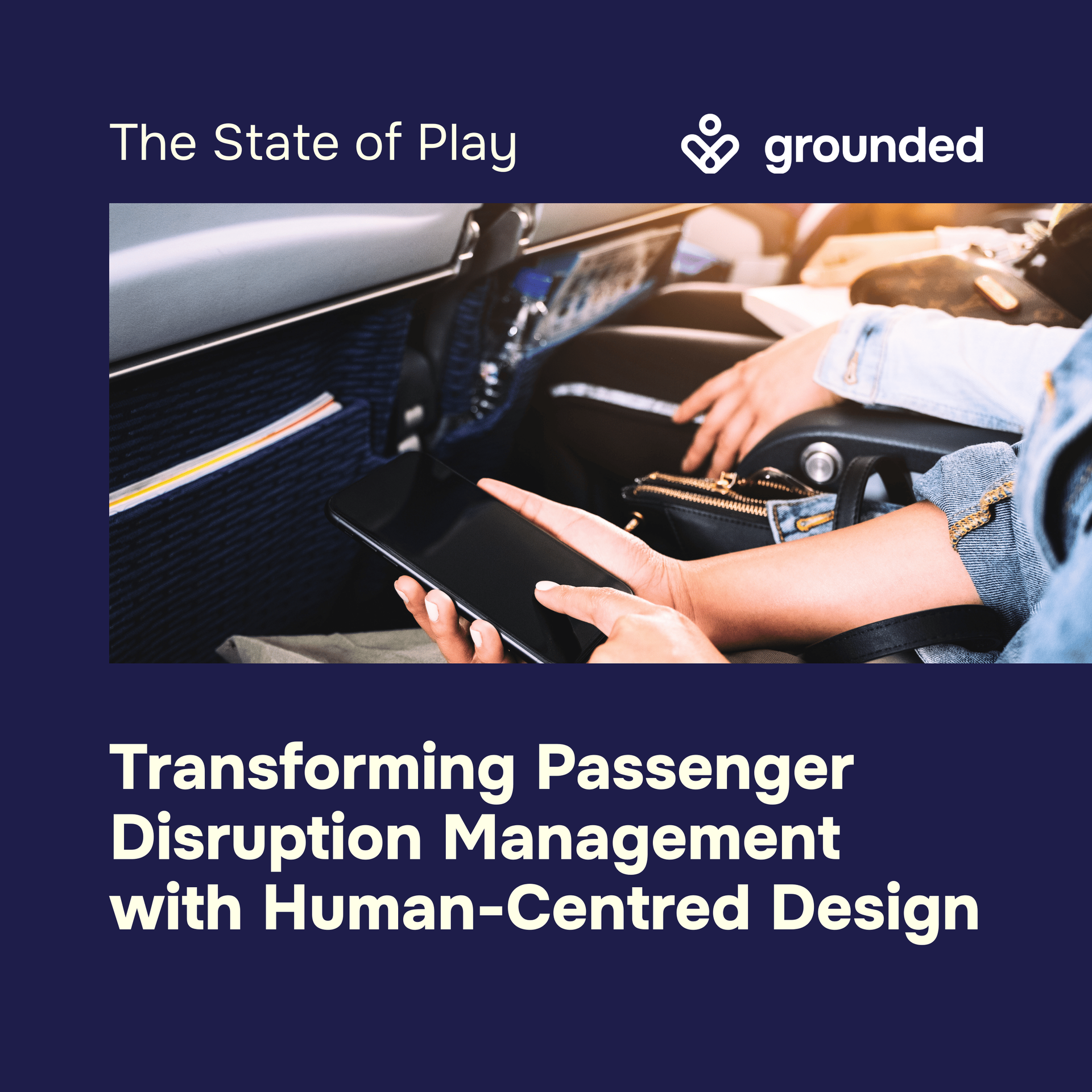The Anatomy of Airline Tech Decisions: Build vs. Buy Isn’t the Real Question
Few debates in airline technology are as enduring—or as divisive—as the question of whether to build solutions in-house or buy them off the shelf.
At Grounded 2024, Scott Allard, former CIO of Spirit and Allegiant Airlines, brought a fresh perspective to this age-old dilemma, drawing on hard-won experience from two radically different airline cultures.
His takeaway? Build vs. buy is not the question. Governance is.
Disruption as the Default
Allard’s journey began at Priceline during the dot-com boom. With its “name-your-own-price” model, customer confusion was rampant.
“Almost every transaction was a disruption. Seventy percent of online customers called the call center after booking.”
This relentless friction between technology and expectation shaped Allard’s approach to system design: fix the root cause, not just the symptom. It’s a lesson that carried through to his years in airline leadership, where the stakes—and complexities—were much higher.
Spirit Airlines | When Buying Doesn’t Mean Solving
At Spirit, Allard inherited an underperforming, in-house reservation system infamously named SARS (renamed TASAR for obvious reasons). The team faced a critical decision: continue building, or switch to a vendor platform?
“Leadership made the call—we were moving to Navitaire’s ‘New Skies,’ whether it was ready or not.”
The implementation proved brutal. The vendor product was still maturing, and integration failures became the norm.
“They had 225 man-years into development—probably half of what they needed. Every build we dropped in was rejected by the business.”
The result: delayed launches, broken trust between teams, and ultimately, a forced exit for Allard himself. The platform may have been purchased, but alignment wasn’t.
Allegiant Air | When Building Becomes a Belief System
At Allegiant, Allard stepped into the opposite culture: a DIY ethos taken to the extreme.
“We built a general ledger system from scratch. Why? Because the CEO believed ownership equaled control—even though accounting hasn’t changed since the abacus.”
Every component, from crew scheduling to inventory, was built in-house—even when the ROI didn’t justify the effort. And because it was a monolithic platform, changing one component (like a website calendar) could break another (like maintenance logs).
Eventually, even the build-first believers blinked.
“We were millions into a maintenance system before ops and IT both said, ‘We don’t want to do this. Let’s buy.’”
The lesson: control can become a liability when it ignores scale, speed, and practicality.
What Actually Goes Wrong?
Across both case studies, the biggest failure wasn’t the platform. It was the decision-making process.
At Spirit, business teams were absent from critical meetings.
At Allegiant, IT promised seamless execution—without involving operations.
“Then we wondered why it didn’t work.”
Allard observed that siloed decision-making, unclear ownership, and politics—not code—were the root causes of tech project failures.
The Real Takeaway: Own the Process, Not Just the Platform
According to Allard, the question isn’t whether to build or buy. It’s how you govern tech decisions.
“What matters is owning your backlog. Having a seat at the table. Don’t wait for IT—solve your problem collaboratively.”
Success comes from cross-functional governance, empowered teams, and iterative, inclusive decision-making. Whether the product is vendor-supplied or custom-built, the process must be strategic, transparent, and participatory.
Tech Decisions Reflect Culture
Allard ended with a candid reminder:
“The process is messy, political, and often a blood sport. But the airlines that get this right? They’re the ones that innovate.”
Technology decisions aren’t just operational—they’re cultural. They expose the health of your leadership, your silos, and your ability to adapt. In an industry with tight margins and high expectations,
how you decide is more important than
what you decide
Grounded 2025 | Where These Conversations Continue
📍
Reykjavik, Sept. 9–10
💡 150+ airline leaders. Real-world case studies. No vendor fluff.
MEDIA


